U-M researchers challenge USPS EV environmental study
Green Car Congress
AUGUST 29, 2022
A new University of Michigan study finds that making the switch to all-electric mail-delivery vehicles would lead to far greater reductions in greenhouse gas emissions than previously estimated by the US Postal Service (USPS). The Postal Service said in February that at least 10% of the new mail trucks would be electric.



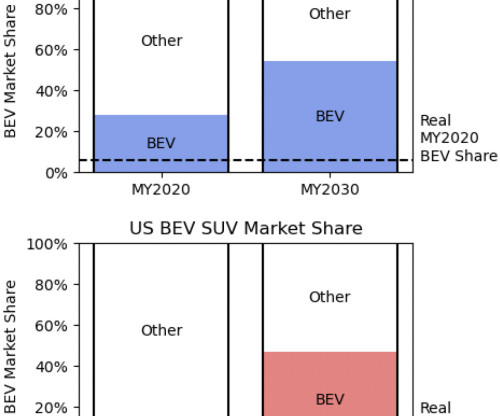
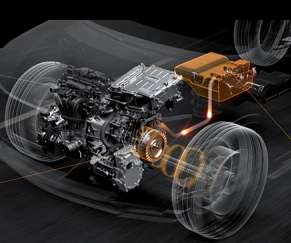

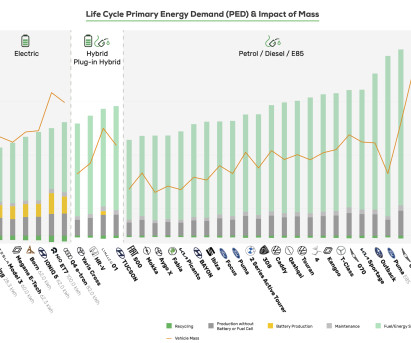














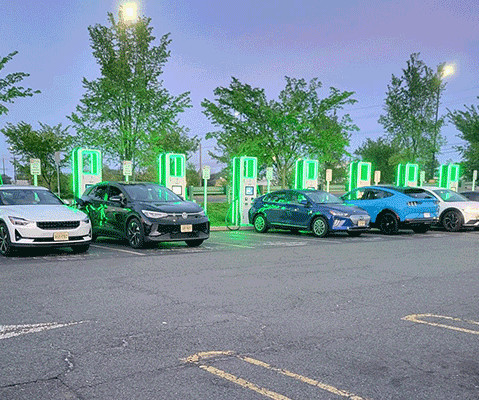




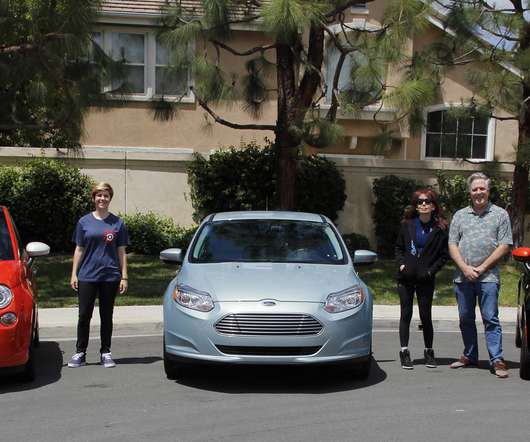
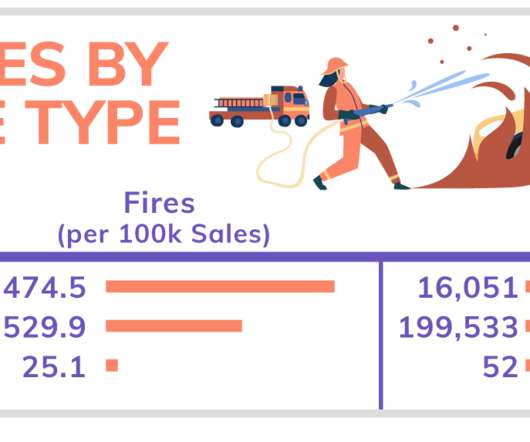

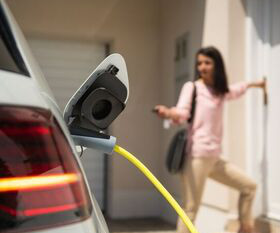
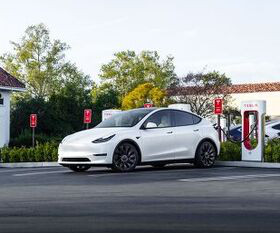














Let's personalize your content